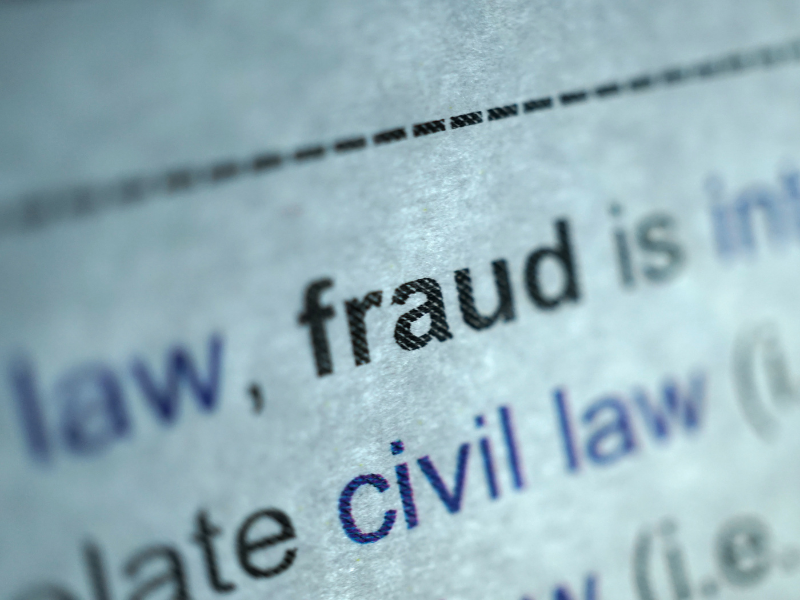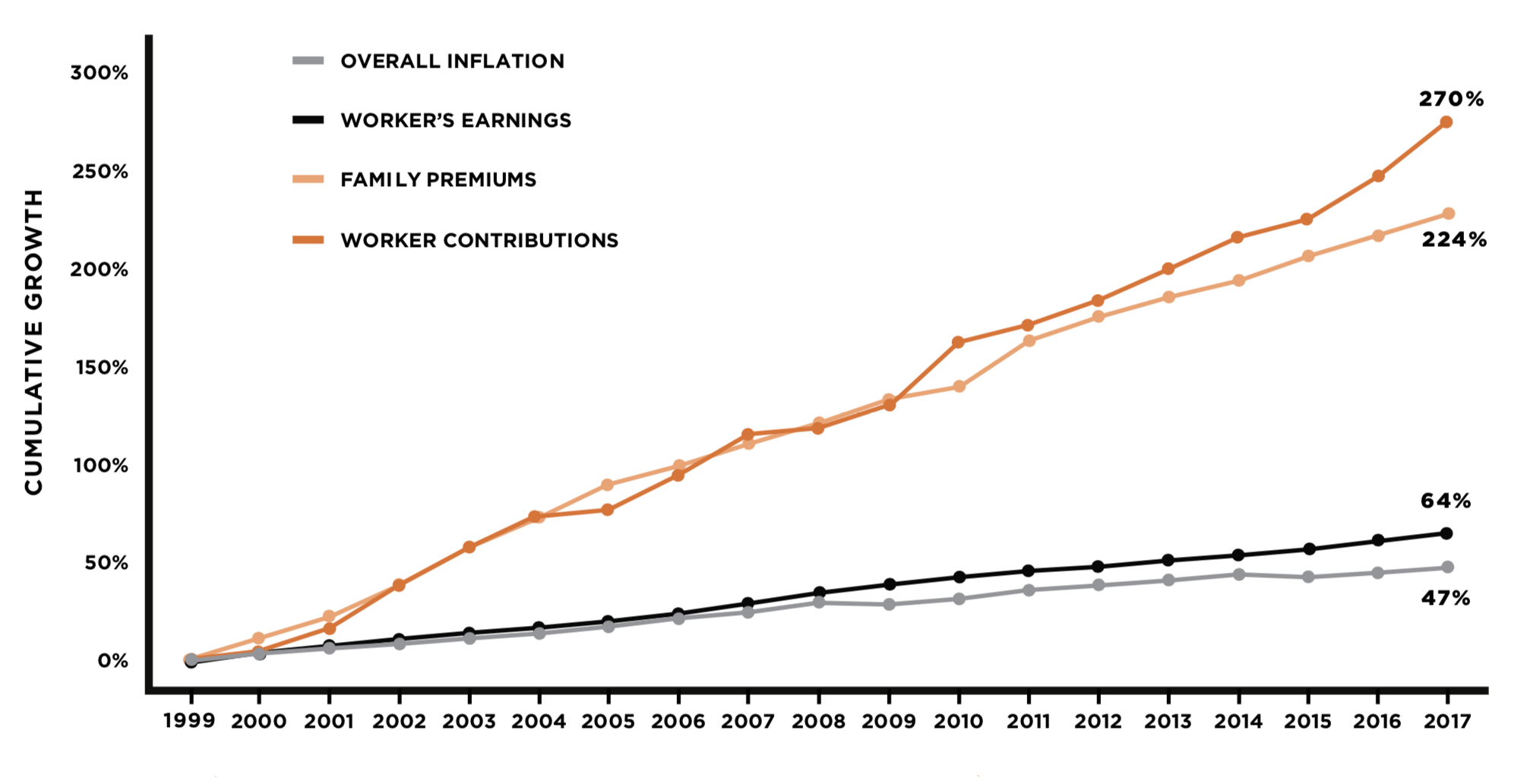Confused about what you owe after a doctor’s visit? Understanding your medical expenses and your health insurance isn’t always easy at first, but once you break everything down, it’s a fairly simple process. One part of the process that you should know about is insurance reimbursement and what it means for your wallet.
- INSURANCE
- BENEFITS
- CYBER
- DE-RISKING CENTER
- INDUSTRIES
- TRANSPORTATION
- INSURANCE
- EMPLOYEE BENEFITS
- DOT COMPLIANCE TRAINING
- ACRISURE TRUCK GROUP
- DE-RISKATHON
- MASTERCLASS EDUCATION
- TED TALK
- DE-RISKING NETWORK
- PODCAST
- INSURANCE
- CLIENT STORIES
- INDUSTRY STUDY
- FREIGHT BROKERS
- SMALL FLEETS (LESS THAN 10 UNITS)
- INSURANCE FOR INDEPENDENT CONTRACTORS
- HEALTH INSURANCE FOR INDEPENDENT CONTRACTORS
- CONSTRUCTION
- MANUFACTURING
- PUBLIC/NON-PROFIT
- TRANSPORTATION
- ABOUT
- CLIENT TOOLS
- CAREERS
.png?width=69&height=53&name=Acrisure%20Logo%20(White%20Horizontal).png)











